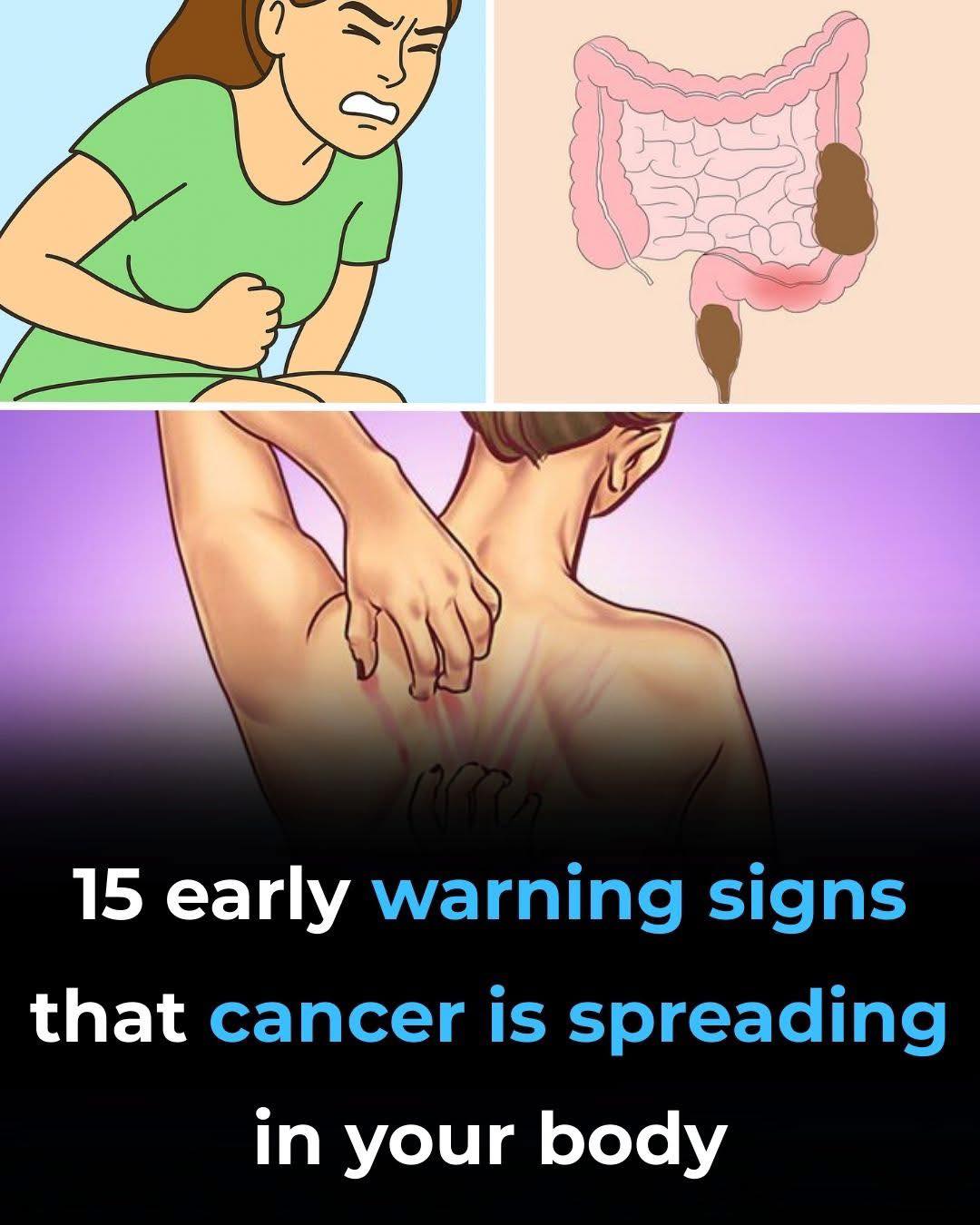2.4 Persistent Bloating
Bloating can result from diet or stress. However, if it lasts and is accompanied by unexplained weight loss or back pain, it’s important to seek medical advice. Persistent bloating can be a warning sign of ovarian cancer in women.
2.5 Urinary Issues
Frequent urination, weak urine stream, or interrupted flow in older men could indicate an enlarged prostate or prostate cancer. Screening for prostate cancer typically involves measuring PSA levels in the blood.
2.6 Swollen Lymph Nodes
Swollen lymph nodes are often caused by infections such as a sore throat or cold. However, they may also swell due to leukemia, lymphoma, or metastasis from other cancers.
2.7 Blood in Urine or Stool
Blood in the stool may be caused by hemorrhoids but can also indicate colorectal cancer. Likewise, blood in urine may suggest a urinary tract infection or cancers of the prostate, kidney, or bladder. In either case, medical attention is recommended.
2.8 Testicular Changes
Men should be concerned if they notice a painless lump or swelling in the testicles. This is a common symptom of testicular cancer, often accompanied by a heavy feeling in the scrotum or lower abdomen, or an enlarged scrotum.
2.9 Difficulty Swallowing
Swallowing issues may result from acid reflux, esophageal narrowing, external compression, or medication side effects. If it persists, this could indicate esophageal or throat cancer. Doctors may perform endoscopies, CT scans, or ultrasounds to determine the cause.
2.10 Abnormal Vaginal Bleeding
Unexpected bleeding between periods or after sex could result from fibroids, contraception use, or gynecological conditions. However, it might also signal cervical, endometrial, or vaginal cancer. Women should visit a gynecologist for evaluation and testing.
2.11 Oral Changes
Mouth changes such as bad breath or sores are usually benign. However, persistent white or red patches, especially in smokers, may indicate oral cancer. Other warning signs include mouth lumps, gum swelling, difficulty chewing, and chronic pain.
2.12 Unexplained Weight Loss
Diet changes or exercise can cause weight loss. Stress and thyroid disorders can too. But rapid, unexplained weight loss may be an early sign of cancer — including esophageal, pancreatic, stomach, lung, or other types.
2.13 Persistent Fever
Fevers are often the body’s response to infection or medication side effects. However, a persistent, unexplained fever might indicate blood cancers like leukemia or lymphoma. Evaluation is necessary if no other cause is found.
2.14 Chronic Heartburn
Heartburn may arise from eating habits or stress. But if lifestyle changes don’t improve it, further testing is needed to rule out stomach cancer.
2.15 Persistent Fatigue
While most fatigue is harmless, extreme tiredness that doesn’t improve with rest may suggest colorectal or stomach cancer due to internal bleeding. If constant fatigue persists, medical consultation is essential.
If you experience any of these symptoms, it’s important to consult a healthcare professional for timely screening and diagnosis. Early detection saves lives.
ADVERTISEMENT

